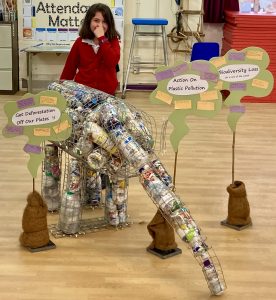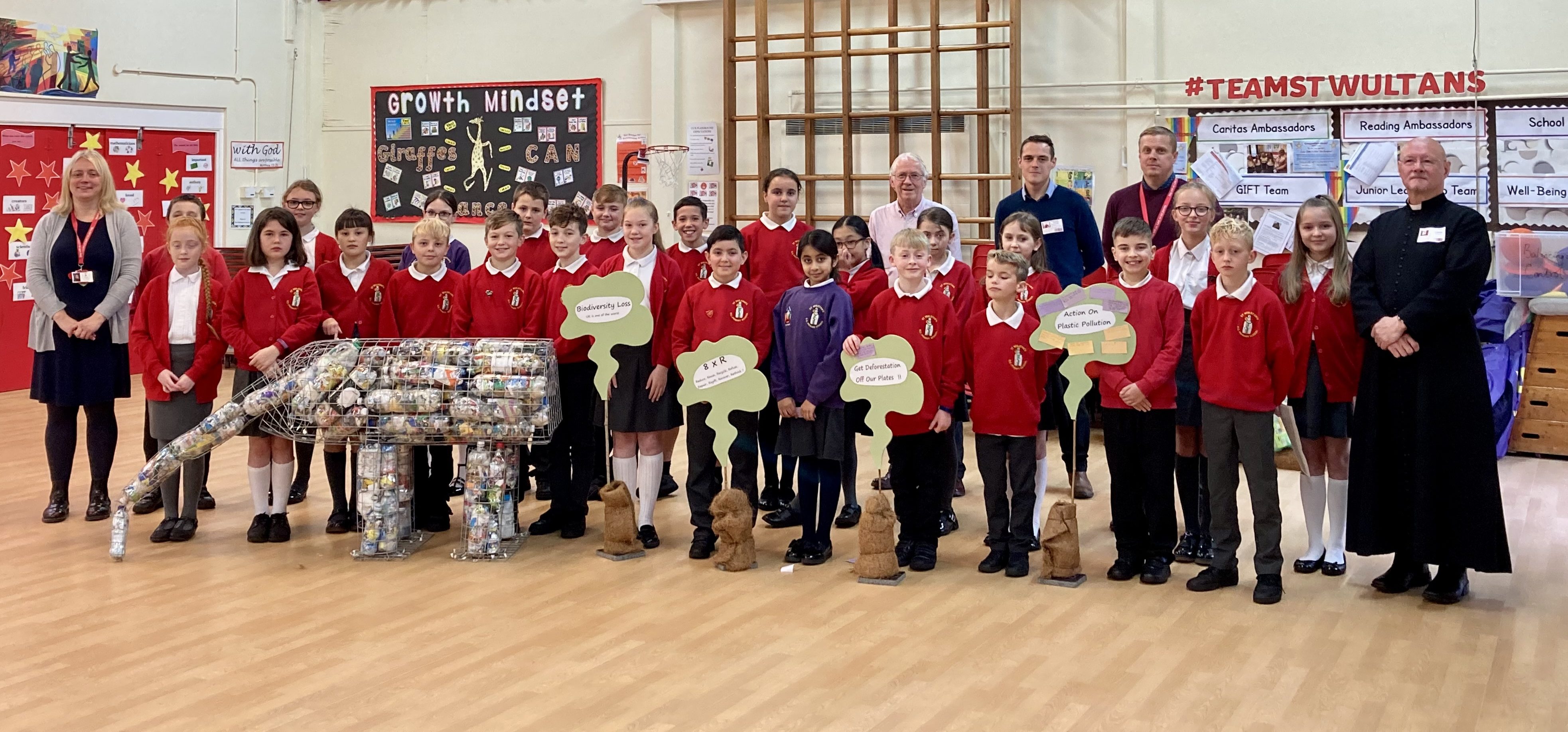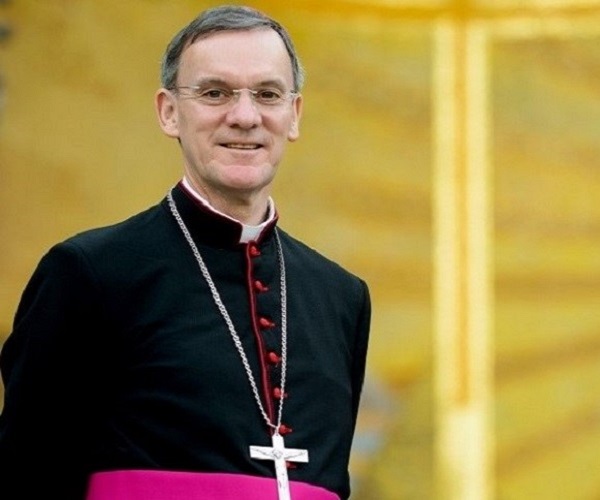
Lancashire school urges world leaders to address the “elephant in the room” at COP26
Friday 5th November 2021A Lancashire school is sending a message to world leaders as they gather in Glasgow to discuss the future of our planet.
As news of COP26 continues to hit the headlines, one Lancashire primary school has found a creative way to urge political powers to act now to save our planet for their future.
Pupils from St Wulstan’s Roman Catholic Primary School in Great Harwood, near Blackburn, have been working hard to learn more about the environment, the dangers it faces, and what they can do in school and at home to help.
Fiona Hadfield, headteacher at St. Wulstan’s, was eager to encourage students to express their views as the historic COP26 summit takes place.
She said: “It is very important for the children of St. Wulstan’s to be involved in action for climate change as it defines the world that they are going to inherit.
“The children know that they have to start to make an impact for their future. Our children are passionate about trying to change the way people treat God’s world.”
 Determined to bring about change, Year Six students decided to address what they saw as “the elephant in the room” in a very visual way.
Determined to bring about change, Year Six students decided to address what they saw as “the elephant in the room” in a very visual way.
They created eco-bricks out of recycled plastic and used these to build an elephant structure, before kicking up a stink by using dung-shaped placards to pinpoint the changes they want see, including an end to deforestation and plastic pollution, restoration of biodiversity, and a new way of living that is centred around recycling and reusing.
These changes were identified through a number of climate-themed workshops and assemblies led by volunteer Bob Turner along with Joel Henderson from community environment charity, Prospects Foundation.
One student said: “The government should make more businesses sell products that don’t use plastic packaging, or that recycle plastic.
“We could help homeless people by giving them jobs as litter pickers, or recycling bin bags to make Christmas trees, or use crisp packets to make space suits.
“People could do more litter picking or donate plastics to local schools so they can make eco-bricks.”
Another pupil added: “We all need to rethink how we live to have a zero-waste lifestyle. You can change the way you live by doing the seven Rs: refuse, reduce, reuse, repair, regift, and recycle.
“We can reuse things we no longer want or need by passing them onto a sibling, or regift things we no longer use.
“We can fix and repair existing objects before throwing them in landfill; we can get creative with repairs to give something a new life.”
Another group of pupils spoke passionately about the impact deforestation is having on the environment, how that effects communities around the world, and contributes to the loss of biodiversity.
They said: “Governments need to stop letting people cut down trees. Cutting down trees makes the land lose strength, and when it rains heavily, the trees hold our land together. When people do cut down trees, they should make people plant new ones.
“We think the government should show people what our world was at the beginning and what it is now.”
Joining the class for the session, which took place on the day traditionally celebrated as All Saints’ Day, was parish priest Fr Ian Farrell.
Fr Farrell spoke about the sanctity of creation and how our Christian faith calls us to care for and cherish our planet as we would a precious gift.
He said: “Today on the Solemnity of All Saints, we think of all the holy people with our Lord in heaven who loved and cared for creation because they knew it was a gift from God. They knew that we must take great care of it; and we must look after it.
“We ask that everyone everywhere, whether they know God or not, that they take care of our world.”
Tagged | Around the Diocese | Education | Environment





